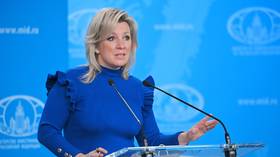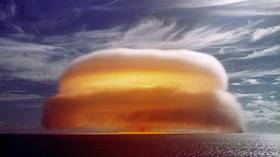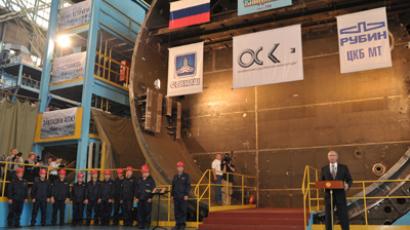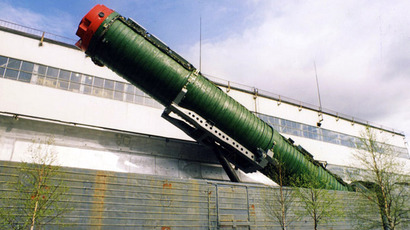Borei super-subs trials may be postponed after Bulava ‘failure’
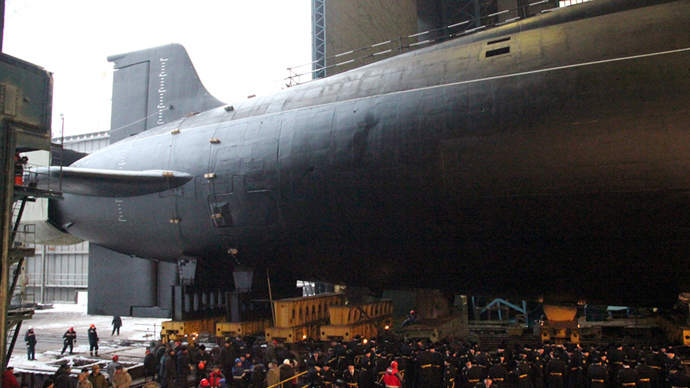
Russia may put on hold trials of two nuclear-powered Borei-class submarines due to an unsuccessful launch of a Bulava ballistic missile, report news agencies. The rocket experienced a malfunction in one of its systems in the second minute of its flight.
“During state trials of the Aleksandr Nevsky nuclear-powered
submarine in the White Sea the day before, a Bulava
submarine-launched ballistic missile was fired toward the Kura
test site in Kamchatka. The rocket was cleanly out of the launch
canister, but experienced a failure of its on-board system in the
second minute of the flight,” a Russian defense ministry
spokesman told journalists on Saturday, as Interfax quoted.
Russian Defense Minister, Sergey Shoigu, gave an order to
"halt state trials of the Borei-class Aleksandr Nevsky and the
Vladimir Monomakh submarines and to hold five additional launches
of the SLBM to confirm its set technical parameters," the
agency added.
A state commission headed by the Russian Navy Commander, Admiral
Viktor Chirkov, will investigate the reason behind the failed
launch, but has already said that there is "no
alternative" to the troubled missile, which simply "has to
be knocked into shape".
Test launches of the Bulava have been experiencing significant
problems. Of the first 13 test launches, more than half failed.
However, the Russian military insists there's no alternative to
the Bulava.
The Bulava is Russia's newest submarine-launched three-stage
solid propellant Intercontinental Ballistic Missile (ICBM), with
several separating warheads capable of altering their
trajectories in-flight and hitting targets up to 9,000 km away.
Equipped with 10 warheads, it is even capable of withstanding
nuclear attack.
Russia’s first and flagship Borei submarine, the Yury Dolgoruky,
was put into service in January this year.
Yury Dolgoruky’s sister boats, Aleksandr Nevsky and Vladimir
Monomakh, have been in construction since 2004 and 2006
respectively.
The Aleksandr Nevsky submarine is expected to be handed over to
the Navy on November 15, while the Vladimir Monomakh is set to
join the fleet in mid-December. The commissioning of the
submarines depends on the success of the Bulava test launch.
A Borei-class submarine is a state-of-the-art 170-meter long
vessel which is capable of carrying 16 Bulava SLBMs.
It has a crew of 107, including 55 officers, can dive to a depth
of 450 meters and has a submerged speed of about 29 knots (54
km/h). The sub can spend up to three months submerged without
having to resurface and, thanks to the latest achievements in
noise reduction, it is almost silent compared to previous
generations of submarines.
It is planned that by 2018, the Russian Navy will have eight
Borei vessels, which will form the core of the country’s
strategic submarine fleet.







